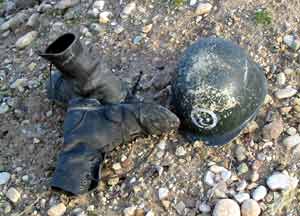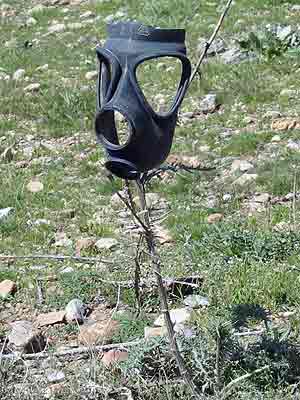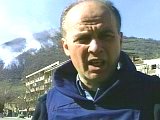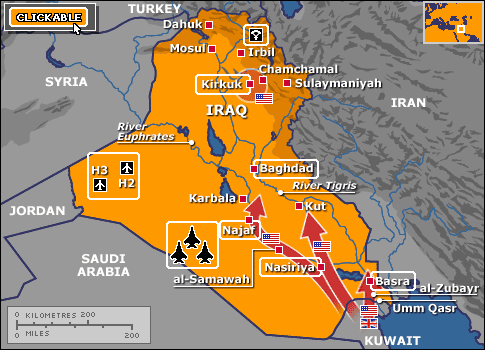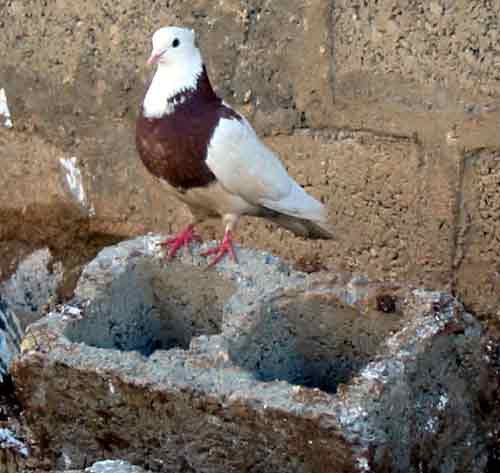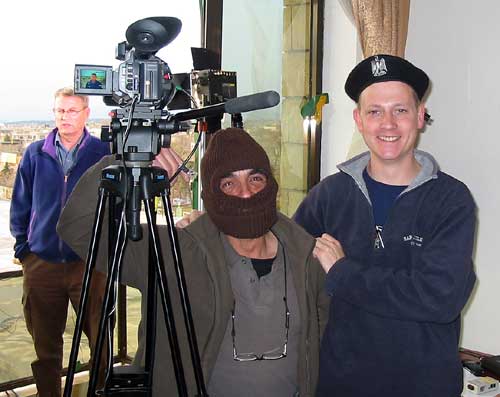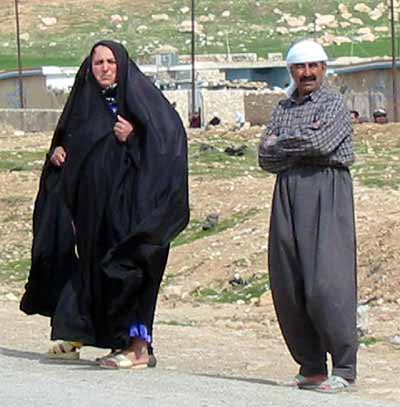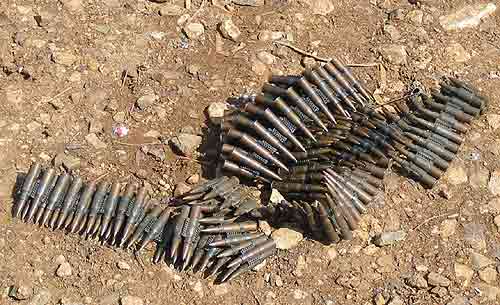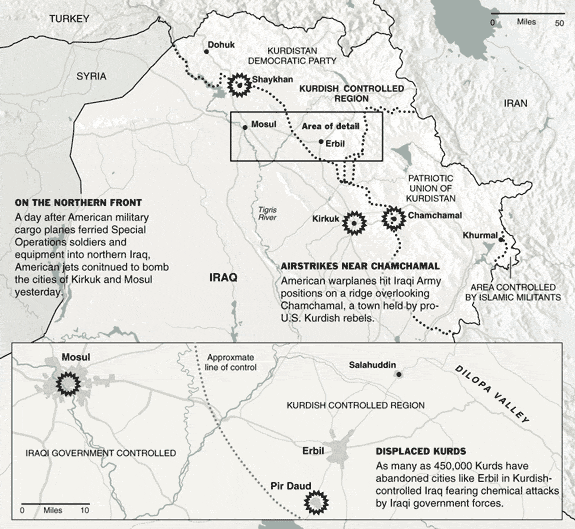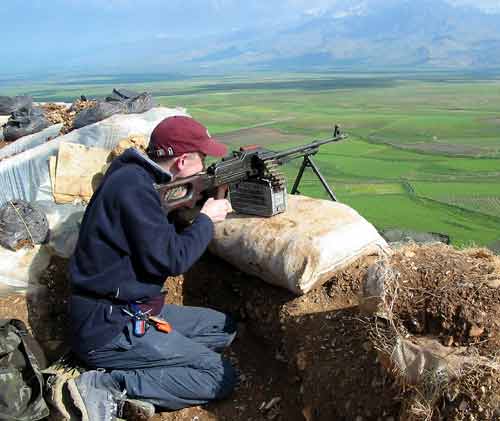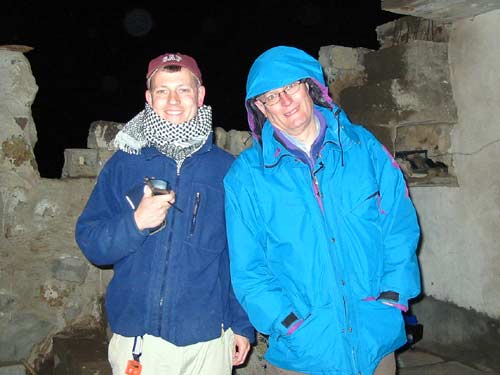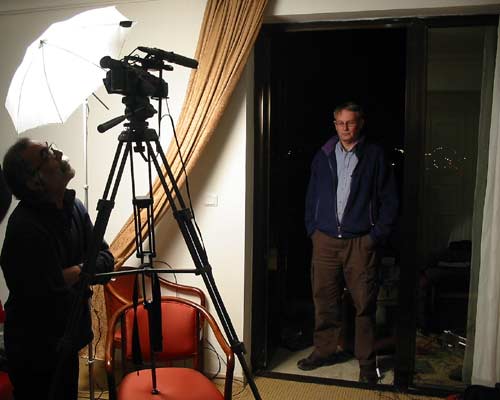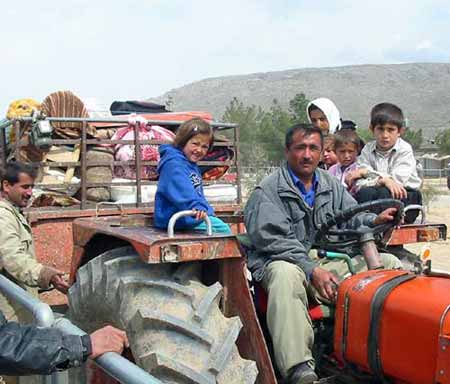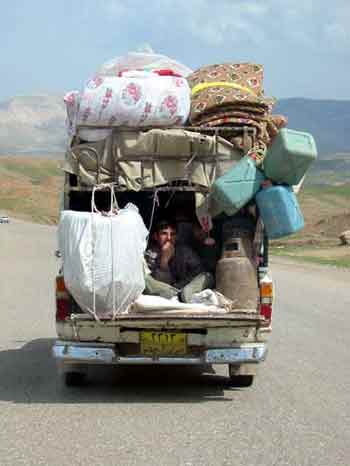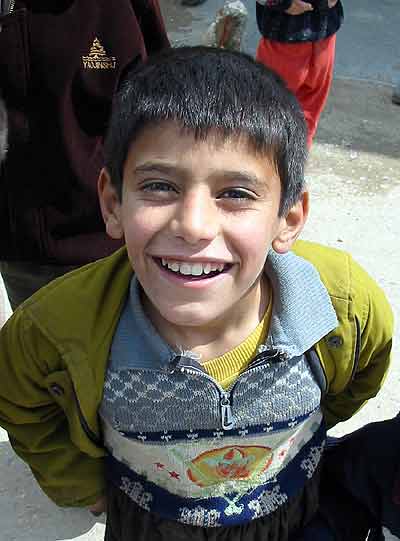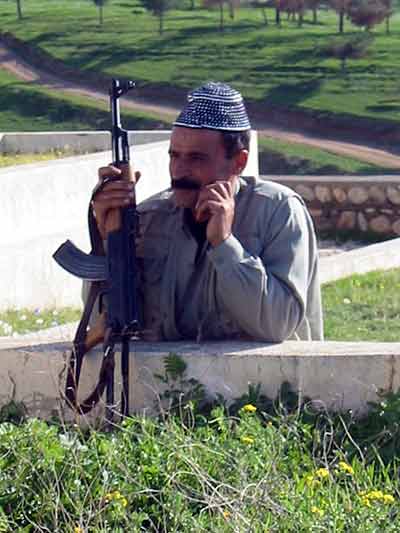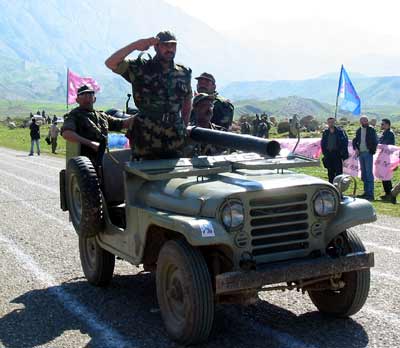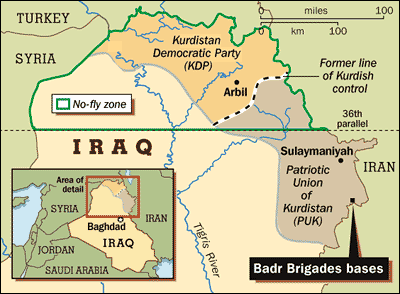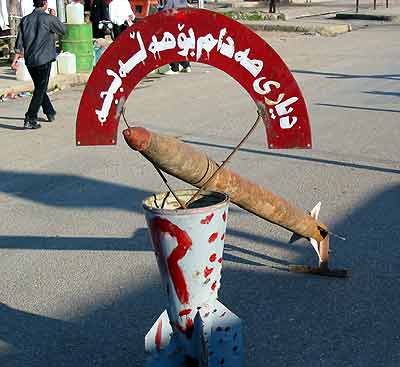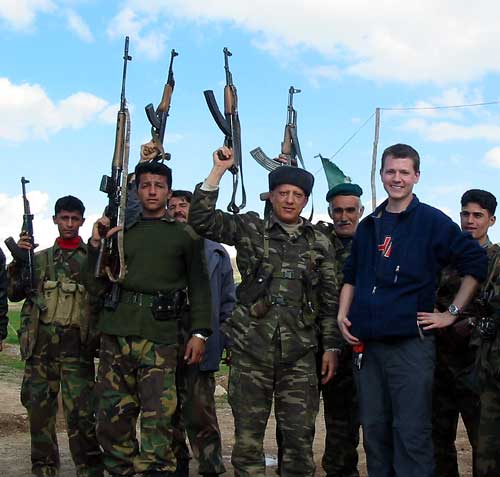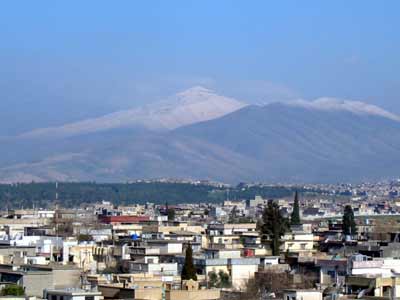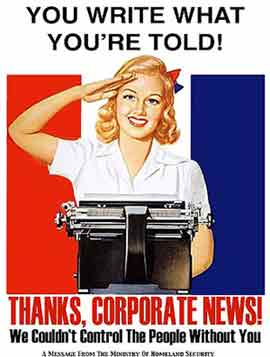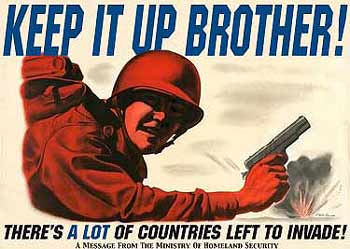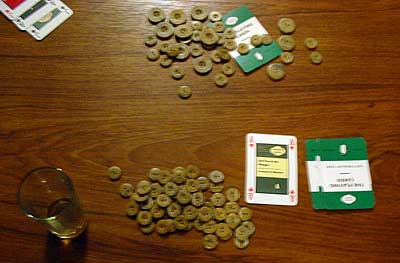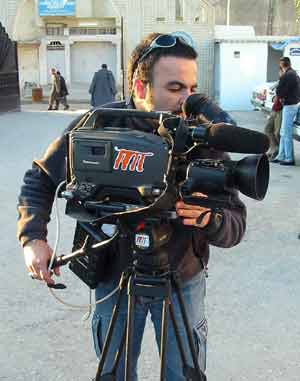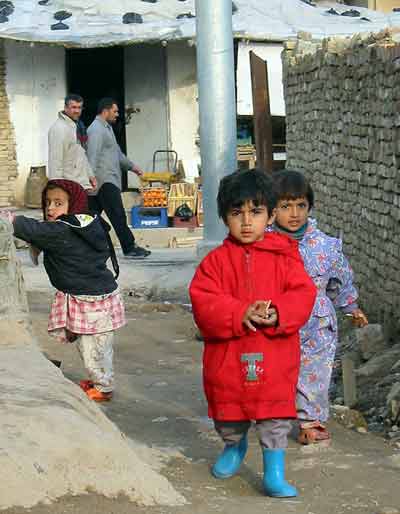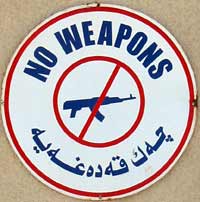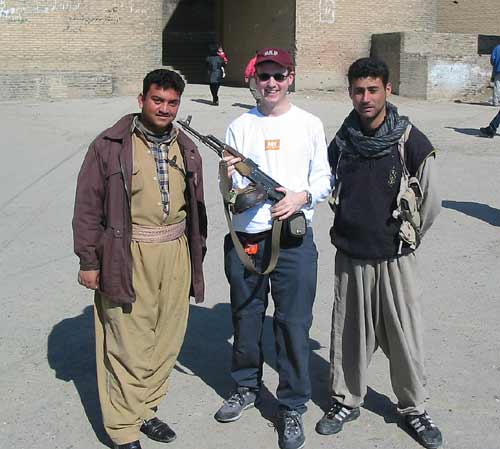
Spent the morning with
Jim Muir at the "spontaneous" demo we were told was happening two days ago against Turkish intervention in Kurdistan. The number of people there was impossible to estimate – all I know is that it was big and it was very smelly.
The Kurds need to work on their
political sloganeering. The banners carried by the demonstrators ranged from the frankly bizarre (“Kurdistan is a land of co-existence & Fraternity & Turkish forces want to be able to destroy the brotherhood relation between the Kurds & Turks – Arbil Youth”) to the more direct (“Fuck the Turks.”)
Here’s how Reuters reported the demo:
Thousands of Iraqi Kurds March Against Turkey
Mon March 03, 2003 05:35 AM ET
By Sebastian Alison
ARBIL, Iraq (Reuters) - Thousands of Iraqi Kurds took to the streets on Monday to protest against Turkish plans for military intervention in Kurdish-administered northern Iraq, but police said the demonstration passed off peacefully.
"Anti-Turkish feeling is very high," traffic policeman Rajab Ali Kakel told Reuters at the march in Arbil, where several Turkish flags were burned. "There's never been a protest of this size here," he added.
Kakel and his colleagues put the number of marchers at up to half a million, although this could not be independently verified and other estimates put the figure below 100,000.
Turkey plans to send an unspecified number of troops across its border into the free Kurdish area of northern Iraq during any U.S.-led invasion to oust Iraqi President Saddam Hussein.
But U.S. plans have been thrown into confusion by the refusal of Ankara's parliament to allow U.S. troops into Turkey.
Turkey has a large Kurdish minority of its own and has a deep-seated fear of Kurds seeking an independent homeland.
Although Turkish officials say they plan only to protect Kurdistan's Turkmen minority and prevent a flood of refugees entering Turkey, the Iraqi Kurds see a threat to their nascent democracy and freedoms.
The three largely Kurdish Iraqi provinces of Arbil, Sulaymaniyah and Dohuk have been out of the reach of Saddam's government since the end of the Gulf War in 1991, under the protection of a U.S.- and British-patrolled no-fly-zone.
"For a long time we suffered too much for this freedom," said Aram Khalid, an artist on the march. "Now the Turks are going to intervene and we don't like it."
Marchers held up banners in Kurdish, Arabic and English. "Kurdistan -- cemetery of the Turkish army," read one. "USA has an obligation to protect the Kurd," read another, although the U.S. says it wants Turkey to join an anti-Saddam coalition and that it would have a role in Iraq.
The march, on a mild spring morning, was good natured and peaceful, but passions ran deep.
"For many years we've lived in peace and we don't want to live under the control of another country," said Karwan, a sculptor.
Affaf, a woman in her twenties marching the four km (2-1/2 mile) route with a friend, expressed the mood of many when she said: "We are angry, but in a peaceful way."
The sight of a microphone got the crowd into a
good natured if chaotic frenzy . We came back with a piece for the
World Service and the
PM programme, so all in all a productive morning’s work.
